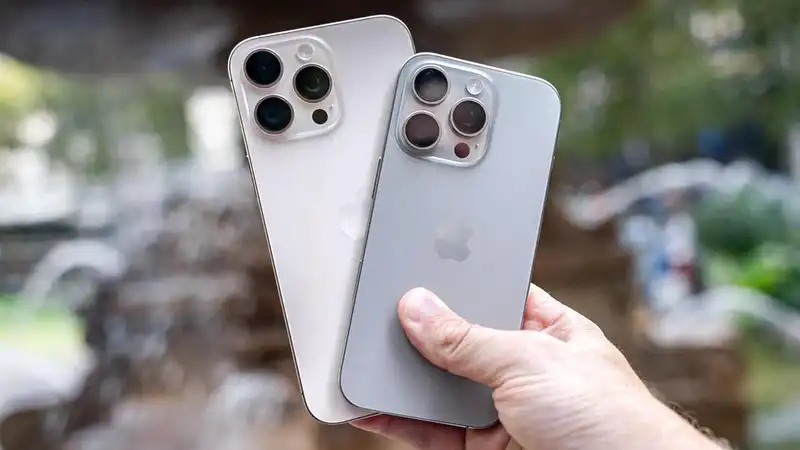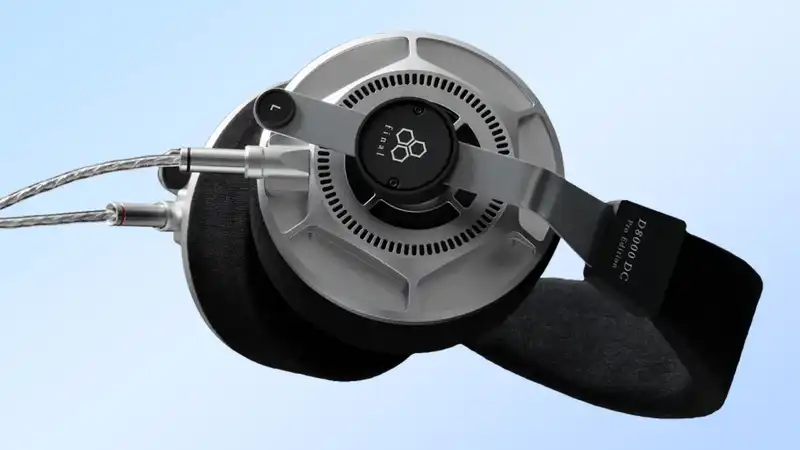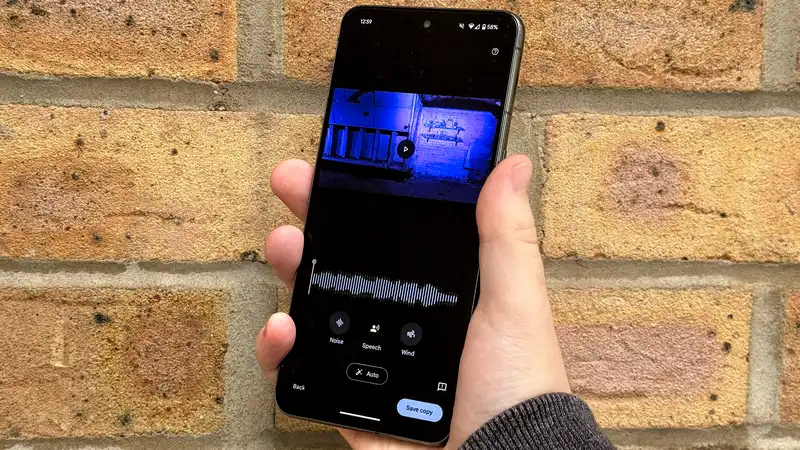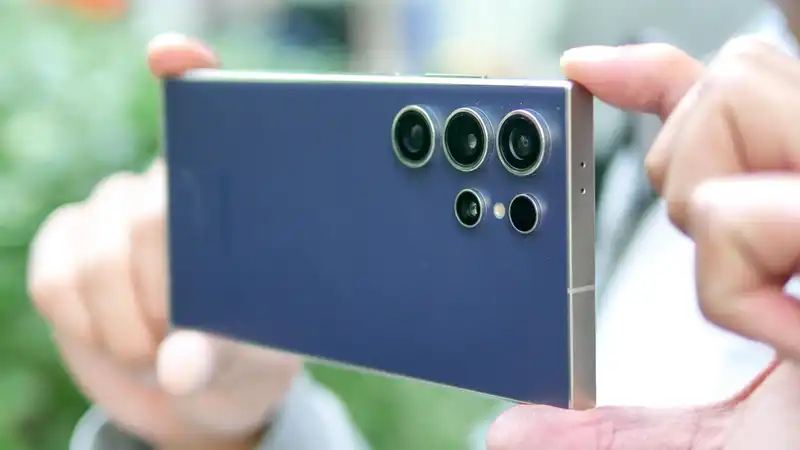Air fryers are quickly becoming a kitchen necessity, and like other home tech, they are only getting smarter. But while most air fryers don't come with app compatibility or voice control, a new report from UK consumer advocacy group Which. found that many “smart” air fryers are requesting access to sensitive data “for no apparent reason.”
It is all too easy to set up a new gadget and click “approve” without fully reviewing what the app is asking you to access. But it turns out that can be a mistake, even if you are an air flyer. [Which. magazine editor Harry Rose shares a new report on data use in air fryers and other home tech, arguing that more transparency is needed. He says, “Our research shows how seemingly reckless smart tech manufacturers and the companies they work with are currently able to collect data from consumers, but this is often done with little or no transparency.
It is worth noting that the organization's survey only applies to a small percentage of air flyers whose apps are compatible. Here is how it is done.
According to Which.'s investigation, three Chinese airflyer brands, Xiaomi, Tencent, and Aigostar, asked for permission to record audio from the user's phone when setting up their new app-compatible gadgets. The report also found that Aigostar air flyers unnecessarily asked for the user's gender and date of birth during setup.
All devices tested in the report, including smartwatches and speakers, wanted to know exact location information.Which. also reported that the Aigostar and Xiaomi air flyers it tested sent personal data to a server in China, which was was noted in the privacy notice. The investigation was conducted on Android devices, and Which. noted that there are differences between Android and iOS devices.
Importantly, there is no claim of illegality in the report, and Xiaomi commented: “The voice recording permission for the Xiaomi Home app does not apply to the Xiaomi Smart Air Fryer, which does not operate directly via voice commands or video chat.”
iOS and iOS2.0.
On iOS and Android, permission requests can be checked before downloading an app, and what each app can access can be found in the settings.
In other words, if you suspect that your air flyer is spying on you, the reality is that you likely don't need to worry. What this report shows is that people are concerned about providing their data and do not necessarily trust that it is being handled securely. In the UK, the Information Commissioner's Office (ICO) is expected to issue new guidance on data protection for smart home products in early 2025. In the U.S., the Consumer Financial Protection Bureau (CFPB) is asking Congress for more authority to tackle data brokers who sell personal data, such as data collected by some smart home apps.
Of course, there are many legitimate reasons why manufacturers could benefit from access to some data. For example, knowing how often you use a particular setting means that they can alert you when an appliance needs cleaning or adjust the interface to provide the most popular presets by default. But it cannot know your exact location or date of birth. That probably won't lead to better wash cycles or crisper fries.
But if you care about your personal information, it's worth choosing a less smart appliance. This is especially true for products like the Air Fryer, which works perfectly well without an app.
I have been testing the best air fryers for five years, and as part of that I have installed many apps on my (android) phone to test smart features and app compatibility. I've also tested Xiaomi's AirFlyer. Should I be worried? So we asked Anthony Spadafora, managing editor of home security for Tom's Guide, for his advice.
“Smart home devices, especially inexpensive ones, have a reputation for being insecure, and for good reason. Many smart home devices use default passwords that cannot be changed, and some require unnecessary permissions to collect data about you and your home.”
“But there is one simple way to prevent smart home devices from spying on other high-tech devices in your home. Instead of connecting smart home devices to your main Wi-Fi network, connect them to a separate network. Many good Wi-Fi routers and mesh Wi-Fi systems allow you to create a separate network just for your smart home devices. If not, don't worry, there is another way to do the exact same thing.
“When it comes to setting up a guest network on your router, you might think of a relative who needs Wi-Fi access or someone coming to work in your home. But just as you would lock someone out of your main Wi-Fi network, you can also lock out smart home devices.
“To do so, you can set up a guest network, and when you add a new smart device that you feel is untrustworthy, have it connect to it instead of your main network. Keep in mind, however, that this is not ideal for Google Chromecast or other devices that need to see other devices on the network. Instead, think of it as a way to quarantine dodgy smart home devices from unknown brands so that even if malware is pre-installed, it cannot infect other devices or intercept the data the device sends back to the router.”
Personally, I still see no real reason to invest in a smart fryer. Until we get smart enough to open the freezer and put fries in our own basket, all we'll get from these fryers is a tailor-made recipe (you can find millions of recipes by searching Google) and a reminder to shake the ingredients while cooking (even without an app, which many fryers offer Many fryers offer them even without an app).
If you are concerned that you are sharing more information than you need with your smart appliances, you can take a look at the required permissions before downloading the app.
You can also deny access to location settings, cameras, voice recordings, and other data when setting up a new app, although in some cases this may affect performance and the features offered.
.









Comments